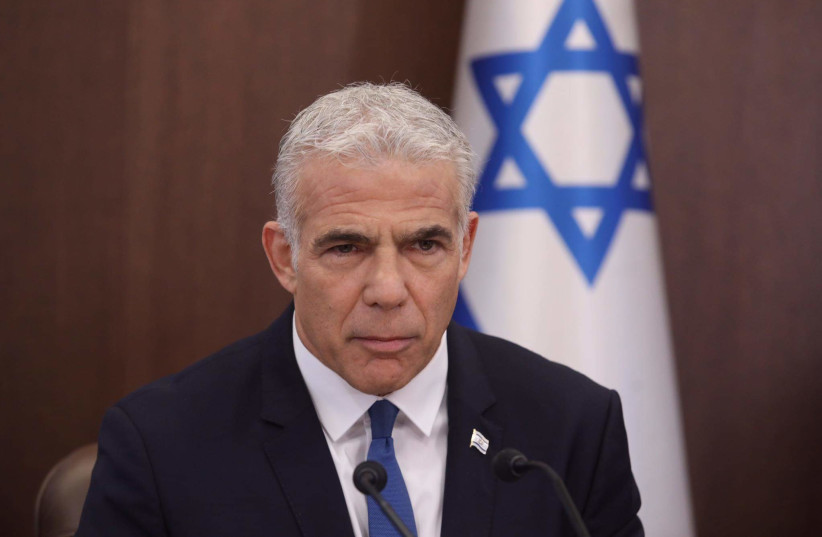An Israeli delegation of legal experts was set to fly to Moscow on Wednesday evening for talks with Russian authorities about the possible prosecution and shutdown of the Jewish Agency.
The delegation, with representatives from the Foreign Ministry and National Security Council, planned to leave for Russia on Sunday, but they were not given visas until three days later.
They are not expected to be present during the Jewish Agency’s trial on Thursday morning at 9:20 a.m., when the agency staff will be able to appeal to the court and explain why they haven’t violated the privacy laws which they are being accused of doing by the Russian Justice Ministry.
The Russian government sent the Jewish Agency a letter about a month ago, in which they said that the organization must close operations since it violated privacy laws, mainly collecting information of Russian citizens for the purposes of facilitating their immigration to Israel and sharing the information with the Israeli government.
According to the new privacy law in Russia, an organization that receives funding or even assistance from an international body or country may be considered a “foreign agent.” Violations of this law can bring imprisonment for up to seven years and closing down of their organization.

Sources in the Jewish Agency have said on Wednesday that there are five listed entities of the organization in Russia, since each branch is considered an independent body and therefore the activities can continue through one of the other branches. The source explained that the reason that each branch is legally considered a different organization is that they are under the jurisdiction of a different local authority.
The Jewish Agency said on July 5 that the letter, exclusively obtained by The Jerusalem Post earlier this month, mentioned “mainly administrative issues and points to problems that, according to its authors, have been criticized and their possible legal consequences. The letter invites the Agency to respond in writing regarding the facts stated in it. Therefore, the Agency intends to study in depth the meaning of the issues raised and their implications and to address them accordingly in the ongoing conversations with the authorities.”
Moscow and Jerusalem tried to publicly downplay the issue on Tuesday as not signifying a deterioration in bilateral relations, after Prime Minister Yair Lapid said earlier in the week that shuttering the Jewish Agency in Russia would have an impact on ties.
Israel 'ready to discuss'
Lapid said Israel is ready to discuss the matter with Russia.
“Israel-Russia relations lean on history, continuous contact and shared interests; the Jewish community plays a central role in these relations,” Lapid said. “If there are indeed legal matters that arise from the Jewish Agency’s important activities in Russia, Israel, as always, is prepared to hold a dialogue while preserving the important interests of the countries.”
Kremlin Spokesman Dmitry Peskov said that “there is no need to politicize this situation and project it onto the entire range of Russian-Israeli relations. ”It’s necessary to take a careful approach here, but also to realize that all organizations must comply with Russian law,” he said.Russian Foreign Ministry Spokeswoman Maria Zakharova made similar remarks, but she added that “unfortunately, in recent months we have heard…absolutely unconstructive and, most importantly, biased rhetoric” about the invasion of Ukraine.
“When we now hear comments from the leadership of this country that some of Russia’s actions on the bilateral track may affect relations, I would like to ask if these same people do not think that their actions and statements over these months have already affected bilateral relations,” she said.
Jewish Agency employees in Russia complained about phone tapping in recent days, with Russian intelligence personnel interrupting calls from their Moscow office to accuse them of breaking privacy laws.
In addition, number of aliyah applicants have more than doubled in recent weeks, on top of an increase that began after Russia invaded Ukraine at the end of February, according to Jewish Agency officials. To date, nearly 20,000 Jews have made Aliyah from Russia since February 2022 and close to 16,000 Ukrainian Jews immigrated to Israel as well.
